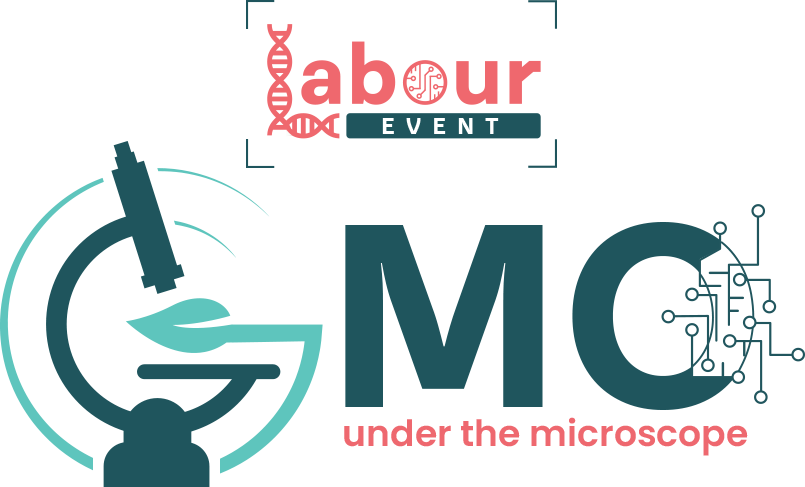
Innovative Sensing Platforms for
Point-of-Need Detection of Genetically
Modified Organisms in Agriculture

March 28,
2025
9:00am

Join us for GMO UNDER THE MICROSCOPE, a LABOUR EVENT exploring the growing role of genetic modifications and genetic engineering in agriculture. As these technologies continue to shape the future of food production, regulatory approaches to genetically modified crops and foods vary widely across regions, raising critical questions about their impact and safety.
This event will feature expert-led lectures on the latest advancements in molecular diagnostics for detecting genetic modifications in crops. A key focus will be the development of innovative sensing platforms for on-site, point-of-need detection, essential tools for real-time monitoring, and food safety assurance.
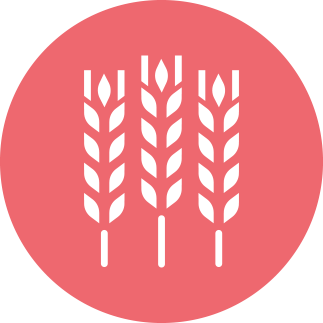
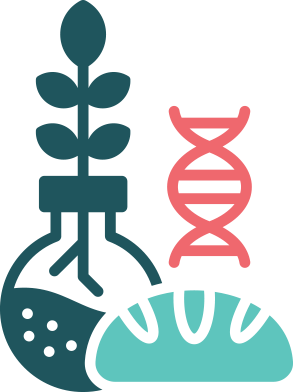
In addition to scientific insights, discussions will highlight the broader importance of understanding the genetic composition of our food and its implications for agriculture and food security.
We are pleased to invite all interested individuals to join this important conversation at the intersection of science, technology, and food production.
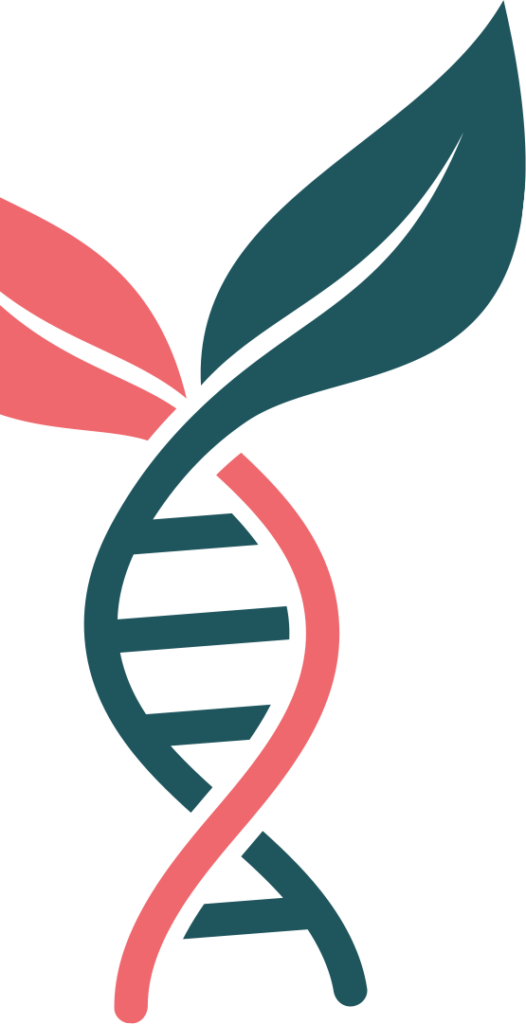
BioSense Institute amphitheater
Registration and welcome coffee
Opening remarks and introduction of the LABOUR project
Lecture III: Synergy of 2D Nanomaterials and Electrochemical Sensors for DNA Detection
Lecture IV: Graphene transistor and DNA interaction – a road to ultimate detection
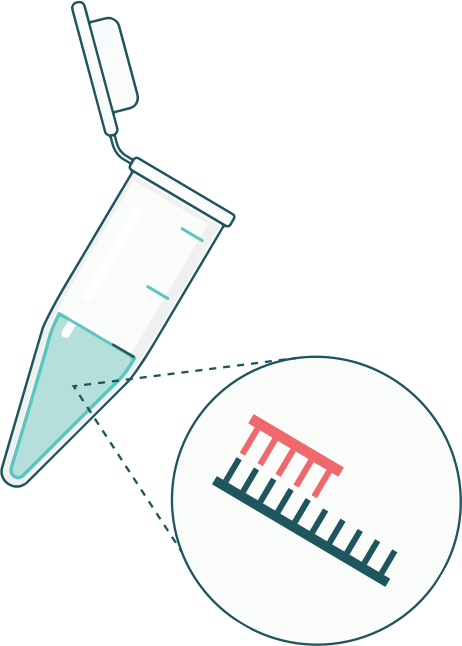
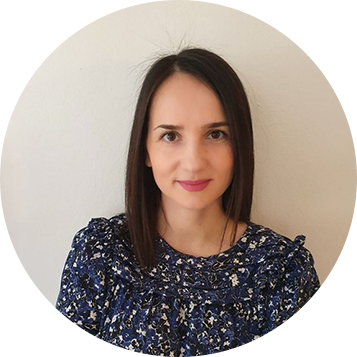
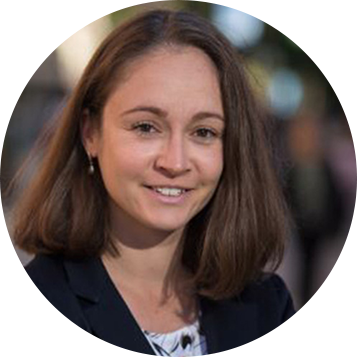

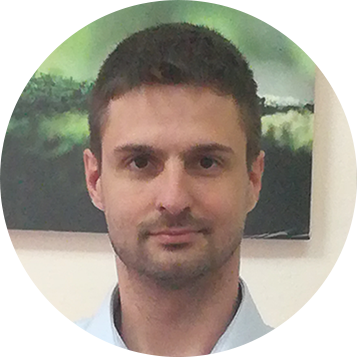

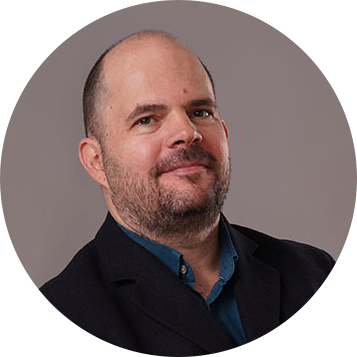
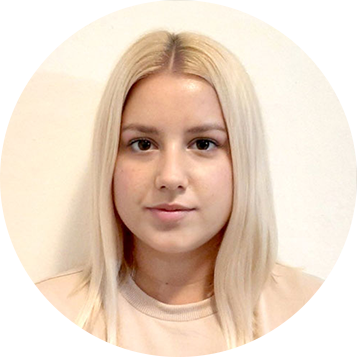

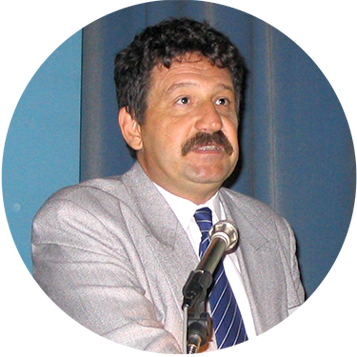



Dr. Miodrag Dimitrijević was a Full professor at the Faculty of Agriculture, University of Novi Sad, specializing in genetics and plant breeding. He earned his B.Sc. in 1978, his M.Sc. in 1987, and his Ph.D. in 1997, researching the impact of wheat-rye translocation on wheat quality and yield. As a university professor, he taught genetics, plant breeding, and seed science at undergraduate, master’s, and doctoral levels. He supervised numerous theses and served on more than 70 defense committees. He was an active member of the Serbian Genetics Society and the national coordinator of the European Cooperative Program for Plant Genetic Resources (ECPGR), where he also served on the Steering Committee. His research focused on the conservation of plant genetic diversity and the improvement of cereal crop varieties. He participated in and led numerous national and international projects, including collaborations with institutions from the U.S. and Europe. His scientific contributions include significant publications in international journals, and he was also a reviewer for impact-factor journals, books, and the UNESCO Encyclopedia. In addition to his academic work, Dr. Dimitrijević contributed to policymaking as a member of the Special Working Group for Plant Genetic Resources under the Serbian Ministry of Agriculture, Forestry, and Water Management.
Ana Kuprešanin is a Junior Research Assistant at the BioSense Institute and a Ph.D. student of Chemistry at the Faculty of Sciences, University of Novi Sad. She received her Bachelor’s (2021) and Master’s (2022) degrees from the Department of Chemistry, Biochemistry and Environmental Protection at the Faculty of Sciences, as well. She is engaged in scientific research in the field of electrochemistry, as well as the development of NPK sensors, sensors for the detection of heavy metals in water and soil, sensors for the detection of genetically modified molecules in food, and other biosensors for various biomolecules.
Dr. Gordana Petrović is a Senior Research Associate at the Institute of Field and Vegetable Crops in Novi Sad, working in the Laboratory for Seed Testing. She is responsible for genetic testing using various PCR and electrophoresis methods. She has dedicated her career to advancing research in genetics, biotechnology, and plant physiology, with a particular focus on genetically modified organisms (GMOs) and abiotic stress in plants. Dr. Petrović holds a Ph.D. in Genetics and Plant Breeding from the University of Belgrade, Faculty of Agriculture. She earned her M.Sc. in Genetics and Plant Breeding from the University of Novi Sad, Faculty of Agriculture, and her B.Sc. in Biology from the University of Novi Sad, Faculty of Sciences. Her extensive academic background and research expertise have significantly contributed to the fields of plant genetics and biotechnology. She has participated in numerous workshops, training sessions, and research visits focused on GMO detection and analysis, biosafety regulations, risk assessment of genetically modified organisms, implementation of official controls, quality system accreditation, variety testing, and post-release monitoring of GMOs. Additionally, she has been involved in many international and national projects and is a member of professional societies such as the Serbian Genetic Society, the Serbian Plant Physiology Society, and the Federation of European Societies of Plant Biology.
Dr. Marko Radović obtained his Ph.D. from the Faculty of Physics, University of Belgrade. From April 2006. to February of 2017. he was employed at the Institute of Physics in Belgrade. Since February 2017. he is employed as a senior researcher at BioSense Institute. He has extensive experience regarding participation in EU-founded projects: FP6 26283 OPSA “Centre of Excellence for Optical Spectroscopy Applications in Physics, Material Science and Environmental Protection”, FP7 218570 NANOCHARM “Multifunctional NanoMaterials Characterization exploiting Ellipsometry and Polarimetry”, H2020 872662 IPANEMA “Integration of PAper-based Nucleic acid testing mEthods into Microfluidic devices for improved biosensing Applications”, H2020 952259 NANOFACTS “Networking Activities for Nanotechnology-Facilitated Cancer Theranostics”. He is the principal investigator of the Dominant project (Detection of mycotoxins with Surface Enhanced Raman Spectroscopy) between the BioSense Institute and the Italian National Research Council CNR. Dr Radović’s research interests are focused on a bottom-up approach, involving the synthesis, characterization and functionalization of nanomaterials for the design of gas biosensing devices. He is a co-author of two patents and published 35 articles in scientific journals cited 522 times, with an h-index of 14.
Dr. Milan Mirosavljević, Senior Research Associate, was born in 1984 in Sombor, Serbia. He graduated in 2008 from the Faculty of Science, University of Novi Sad, where he also defended his master’s thesis in 2009. He obtained his Ph.D. in 2016 from the Faculty of Agriculture, University of Novi Sad. From 2010 to 2012, he worked at the Faculty of Agriculture, University of Novi Sad, as a scholarship holder of the Ministry of Education, Science, and Technological Development of the Republic of Serbia. In 2012, he started working at the Institute of Field and Vegetable Crops, initially in the Maize Department. Since 2013, he has been employed in the Small Grains Department, focusing on small grains breeding. Since 2022, he has been the Head of the Small Grains Department. He is the author or co-author of over 150 scientific papers, with over 40 published in international journals. Additionally, he has co-authored more than 40 registered and commercialized small grain varieties in both domestic and international markets. He is the principal investigator of a long-term provincial project and has participated in the implementation of more than 10 national (both state and provincial) and international projects under various programs, including COST, Horizon, EPPN, IPA, and FAO. He is a member of the Editorial Board of the journal Selekcija i semenarstvo and several national and international scientific associations, including the Serbian Genetic Society, the Society of Plant Breeders and Seed Producers of Serbia, the Serbian Society of Plant Physiology, and the Barley Group of the European Cooperative Programme for Plant Genetic Resources.
Dr. Ljiljana Šašić Zorić is a Research Associate at the BioSense Institute with expertise in Genetics. Ljiljana received her B.Sc. and M.Sc. in Molecular Biology from the Department of Biology and Ecology, Faculty of Sciences, University of Novi Sad in 2011 and 2012, respectively. In 2018, she received her Ph.D. in biology (genetics) at the same faculty. Her previous research was mostly based on the application of mitochondrial and nuclear sequence-based molecular markers in genetic analyses, identification, and delimitation of European Diptera species. For her research in molecular taxonomy, she received two grants from the Entomological Society of Helsinki in 2017 and 2019 and one from the Societas pro-Fauna et Flora Fennica in 2017. During the last two years she become particularly oriented toward (1) the application of molecular methods (including nucleic acid isothermal amplification methods) for pathogen detection, (2) microbiome studies using metagenomic approaches, as well as (3) genomic approaches in molecular taxonomy and systematics of insects. Ljiljana also has great practical experience in laboratory work and the necessary skills for good experimental design. Her current research is directed toward the application of genetic approaches in food safety and security and her long-term scientific ambition includes its adaptation for biosensors development.
Dr. Zoran Pavlović obtained a Diploma in 2010. and an M.Sc. degree in 2011. in Chemical Engineering at the Faculty of Technology and Metallurgy, University of Belgrade. Master thesis about electrochemical catalysts and cyclone flow reactor fuel cell system development was done at the Max Planck Institute for Dynamics of Complex Technical Systems, Magdeburg, Germany. He obtained a Ph.D. degree in 2017. in Heterogeneous Electrochemical Catalysis (Dr. Rer. Nat – Doctor of Natural Sciences), from the Max Planck Institute for Chemical Energy Conversion, Muelheim an der Ruhr, Germany, as well as from Fritz Haber Institute. Berlin, Germany. During his Ph.D. studies, he presented his work at various electrochemical conferences in Germany and at the Electrochemical Society conferences in the USA (Orlando – Florida, and San Diego – California). Since March 2018. he has been working in the Pharmaceutical company Phytonet AG, Zurich, Switzerland, where he is involved in starting up a production site of Pharmaceutical food supplement products in Novi Sad, Serbia. He works there as a Production Manager and Manager of Technical systems while doing Process development, Pharmaceutical Technology Transfer, Quality control, and Business Development. At the same time since March 2018. he has been working as an Assistant Professor at the Faculty of Pharmacy, the University of Business Academy in Novi Sad, where he gives lectures on Industrial Pharmacy, Organic, Bioorganic, Stereo, and Steroid Chemistry, and supervises B.Sc., M.Sc., and Ph.D. students during their thesis development, and during their practical training in Phytonet AG. Since January 2021, Zoran has been working at the BioSense Institute as a Senior Researcher, joining many ongoing European projects. His main research interest is electrochemical catalysis in renewable energy storage, the development of bioelectrochemical sensors and materials for applications in agriculture, medicine, pharmacy, and environmental protection.
From 2019, Stefan is a Ph.D. student of Physics (sub-area: Physics of materials) at the Department of Physics, Faculty of Science, University of Novi Sad. His Ph.D. thesis title is: “Detection mechanisms and development of aptamer- and graphene field-effect transistor-based biosensors”. Along with his Ph.D. studies, Stefan is working at the Center for Sensing Technologies of BioSense Institute, University of Novi Sad as a Research Assistant. His main research field includes developing and fabricating new graphene-based biosensors, aptamer-based biosensors, and investigation of biosensing processes via experimental and theoretical approaches. Stefan is engaged in two EU-funded scientific projects – IPANEMA (GA 872662) and NANOFACTS (GA 952259), one national project funded by the Science Fund of the Rep. of Serbia – MicroLabAptaSens (GA 7750276), one project funded by the Autonomous Province of Vojvodina (GA 142-451-2353/2022), and one bilateral project between Rep. of Austria and Rep. of Serbia (GA RS 27/2022).
M.Sc. Teodora Knežić is a diligent young researcher with a strong background in Biology and dissemination of scientific results. She obtained her B.Sc. and M.Sc. in Molecular Biology and she is currently a Ph.D. student of Molecular Biology at the Faculty of Sciences, University of Novi Sad, Serbia, as well as Junior Research Assistant at the BioSense Institute. By engaging in a large number of multidisciplinary research projects, she gained significant experience in the field of cellular and molecular biology, microbiology, biochemistry and biosensing technologies. Also, as Communication Task Leader in Horizon 2020 project FlexiGroBots (GA 101017111) and Dissemination Manager of The BioSense Alt. Protein Project and KOMUNALT projects, she gained significant experience in the dissemination of scientific results.
M.Sc. Marija Pavlović is a Junior Research Assistant at BioSense Institute and a Molecular Biology Ph.D. student. She received her B.Sc. in Biology (Molecular Biology module) and M.Sc. in Molecular Biology at the Faculty of Sciences, University of Novi Sad. Her research is focused on the development and optimization of isothermal nucleic acid amplification methods, including the LAMP method, for the detection of plant pathogens and ARGs in various sample types. Through her work as a dissemination manager in the Horizon 2020 project IPANEMA (GA872662) she gained strong communication and dissemination skills.
Dr. Ljiljana Janjušević is a Research Associate at the BioSense Institute, University of Novi Sad, Serbia. Bachelor, master’s and doctoral studies were completed at the Department of Biology and Ecology, Faculty of Sciences, University of Novi Sad. During the doctoral studies, the focus of the research was on examining the biological activities and chemical composition of macrofungi as well as the essential oils of some plants. Research at the Institute focuses on the development of sensors and molecular techniques for pathogen detection, biomolecular engineering and cellular agriculture.
